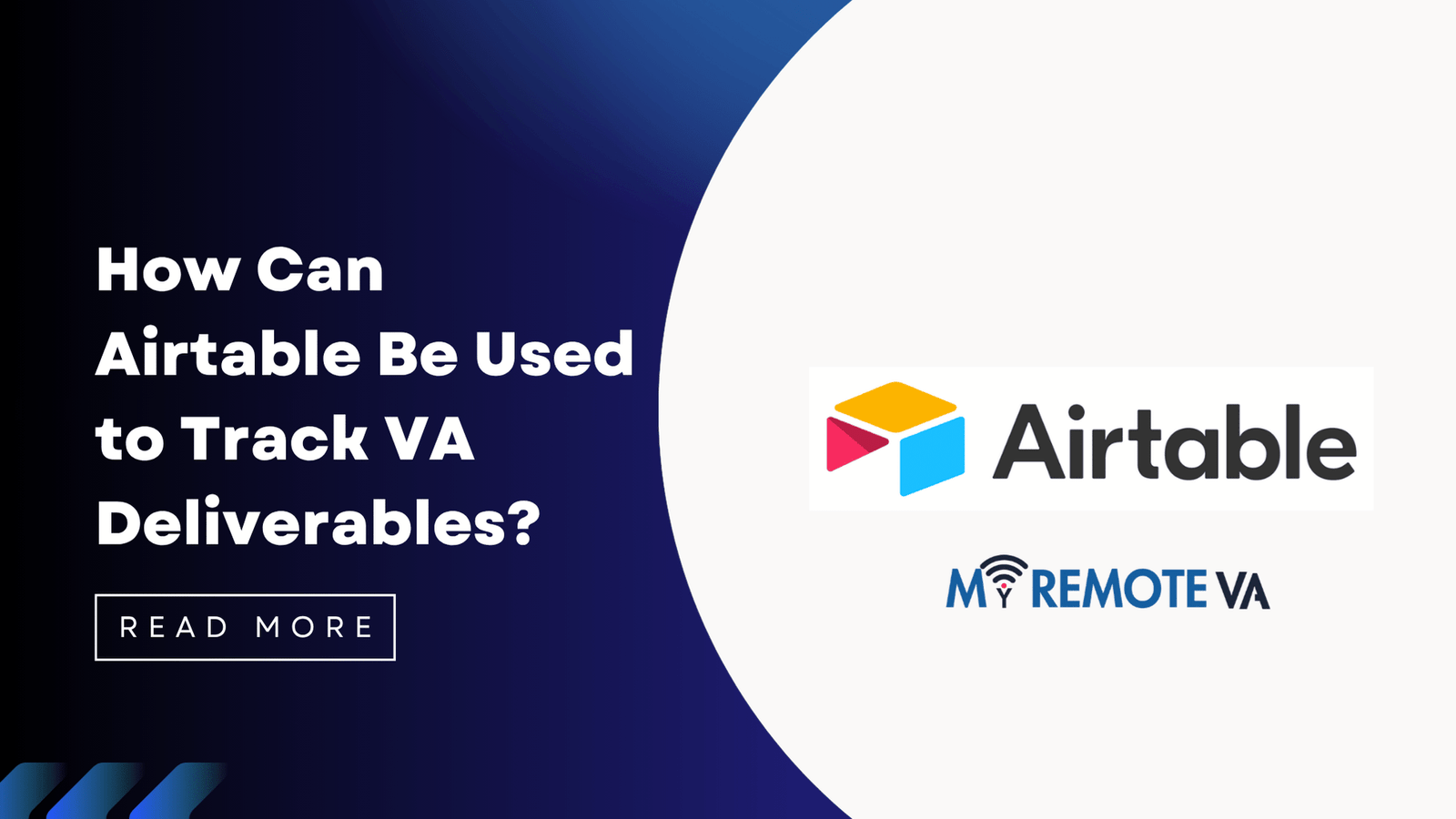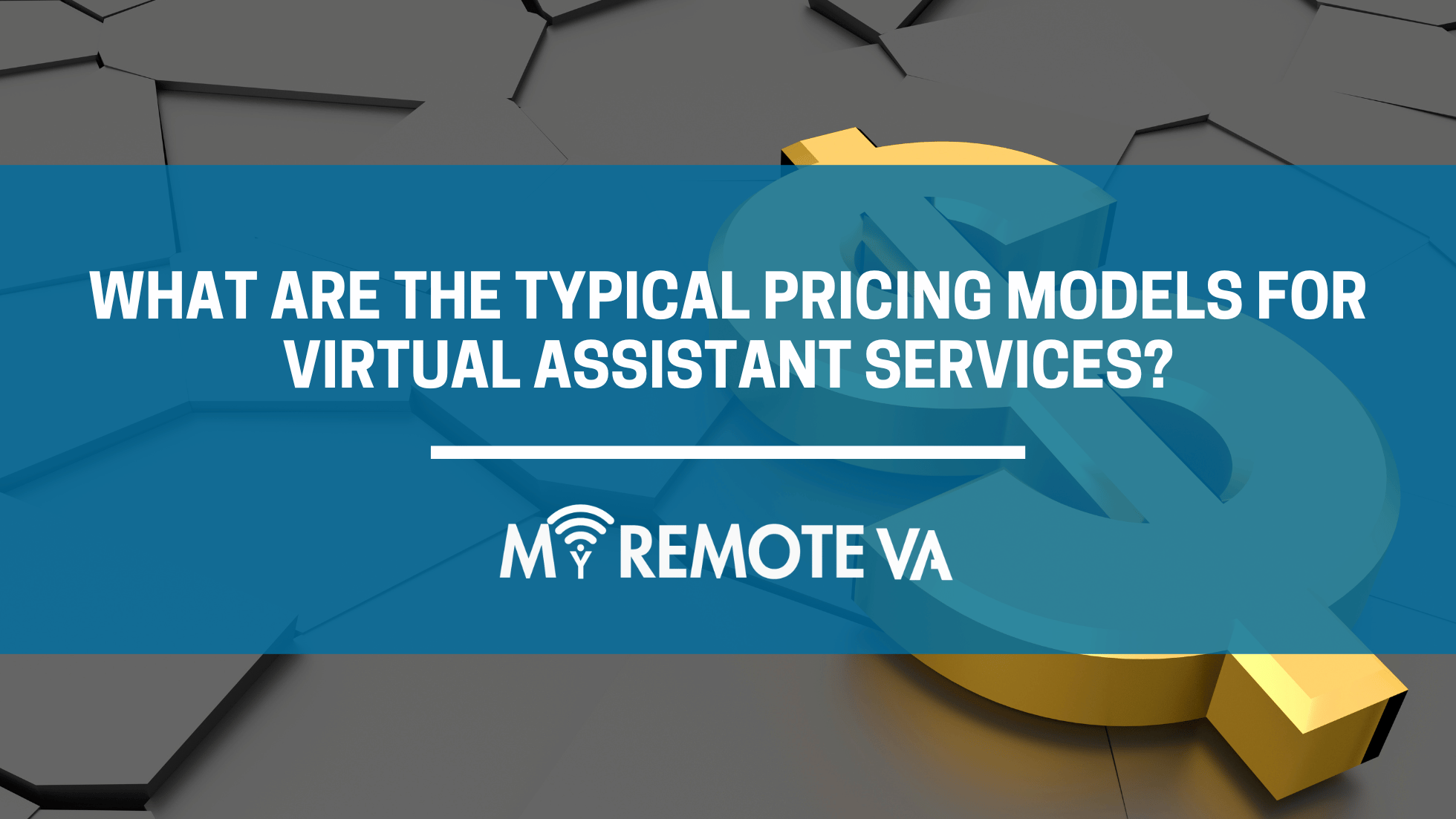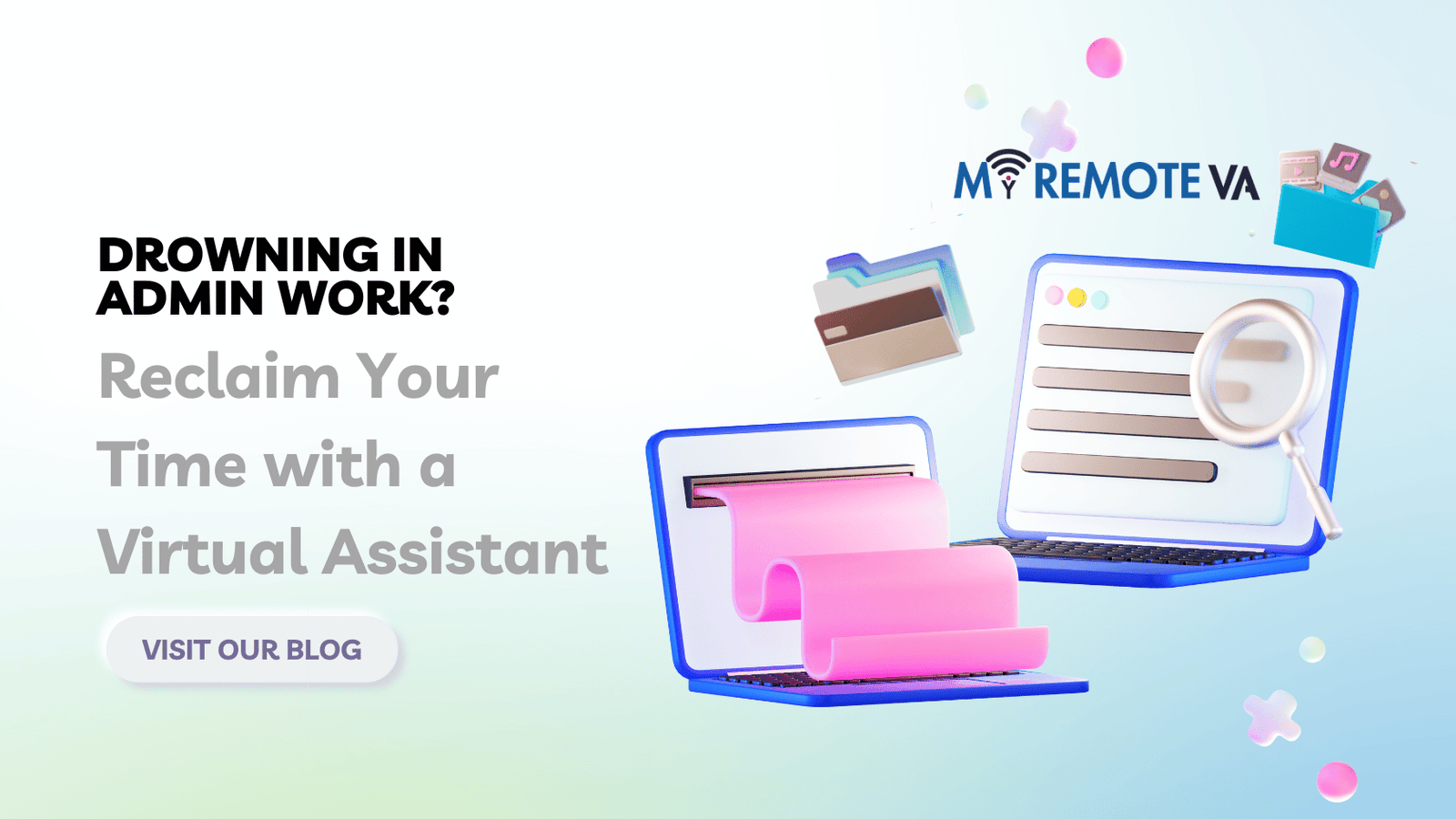Trusted Remote Assistants for Entrepreneurs: Grow Your Business with Confidence
As an entrepreneur, your time is your most valuable asset. Spending it on tasks that don’t directly contribute to your core business goals can hinder growth. Trusted remote assistants offer a powerful solution, freeing you from the day-to-day grind and allowing you to focus on strategy, innovation, and scaling your business.
- Trusted Remote Assistants for Entrepreneurs: Grow Your Business with Confidence
- Why Entrepreneurs Need Trusted Remote Assistants
- Key Tasks You Can Delegate to a Remote Assistant
- What to Look for in a Trusted Remote Assistant
- Recent Market Signals: Demand for Remote Assistants in USA, UK, New Zealand, Singapore, Australia, UAE (Last Month)
- Finding the Right Remote Assistant: Platforms and Strategies
- How to Onboard and Manage Your Remote Assistant for Success
- Pricing Models for Remote Assistant Services
- FAQ: Frequently Asked Questions About Trusted Remote Assistants for Entrepreneurs
- Conclusion: Empowering Entrepreneurs with Trusted Remote Assistants
Imagine delegating administrative tasks, customer support inquiries, or even marketing campaigns to skilled professionals, all without the overhead costs of hiring full-time employees. This is the power of trusted remote assistants.
Unlocking Efficiency and Scalability
By outsourcing non-core activities to remote assistants, entrepreneurs can:
- Increase Productivity: Focus your energy on high-impact activities.
- Reduce Costs: Avoid the expenses associated with hiring, training, and managing in-house staff.
- Scale Effortlessly: Easily adjust your support needs as your business grows.
- Access Specialized Skills: Tap into a diverse talent pool with expertise in various areas.
Flexible Solutions for Every Entrepreneur
The beauty of trusted remote assistant services lies in their flexibility. Whether you need assistance with administrative tasks, technical support, customer service, marketing, creative projects, or executive-level work, there’s a solution tailored to your specific needs.
Dedicated Support and Management
Many services offer dedicated supervisors who manage your virtual assistants, workflows, and reporting. This ensures accountability, quality control, and a seamless integration with your existing operations. You can spend time in your work, not time managing the process.
Hourly and Dedicated Plans
Typically, plans can range from curated Hourly Monthly Plans offering flexibility (for example, 5, 10, 20, or 30 hours per month) to Dedicated Plans for more consistent support (such as 80 or 160 hours per month). Some even offer team-based solutions for larger organizations needing multiple virtual assistants. There are often entry level plans that offers limited hours per month such as free tier, with single hour, that can allow the business to start to test waters with assistance.
With a trusted remote assistant by your side, you can confidently navigate the challenges of entrepreneurship and unlock your business’s full potential.
Why Entrepreneurs Need Trusted Remote Assistants
Entrepreneurs often juggle multiple roles, wearing many hats from strategic planning to day-to-day operations. This constant juggling can lead to burnout, decreased productivity, and missed opportunities for growth. Trusted remote assistants offer a vital lifeline, allowing entrepreneurs to offload tasks and focus on what truly matters: scaling their business and innovating within their industry.
Data suggests that entrepreneurs who delegate effectively experience significant improvements in their work-life balance and business performance. By entrusting administrative, technical, customer support, marketing, creative, or even executive tasks to a skilled remote assistant, entrepreneurs can reclaim valuable time and energy. This freed-up capacity can then be reinvested in high-impact activities like securing funding, forging strategic partnerships, or developing new products and services.
The Benefits of Delegating to a Remote Assistant
The benefits of working with trusted remote assistants are multifaceted and can directly impact an entrepreneur’s success:
- Increased Productivity: By delegating time-consuming tasks, entrepreneurs can focus on their core competencies and strategic priorities.
- Reduced Stress and Burnout: Offloading responsibilities alleviates the pressure of managing everything single-handedly, leading to a more balanced and sustainable work life.
- Improved Efficiency: Remote assistants often possess specialized skills and experience, allowing them to complete tasks more efficiently than an entrepreneur could alone.
- Cost-Effectiveness: Hiring a remote assistant can be a more cost-effective solution than hiring a full-time employee, especially for tasks that don’t require constant attention.
- Access to a Wider Talent Pool: Remote assistants can be sourced from anywhere in the world, providing access to a diverse range of skills and expertise.
In essence, trusted remote assistants empower entrepreneurs to work smarter, not harder. They provide the support needed to navigate the challenges of running a business, allowing entrepreneurs to thrive and achieve their full potential.
Key Tasks You Can Delegate to a Remote Assistant
Entrepreneurs often find themselves bogged down in time-consuming tasks that pull them away from strategic initiatives. A trusted remote assistant can be a game-changer, freeing you to focus on growth and innovation. By delegating effectively, you can reclaim your time and boost your productivity.
Administrative Tasks
Administrative tasks are ripe for delegation. A virtual assistant can manage your calendar, schedule appointments, handle email correspondence, and organize files. These seemingly small tasks can accumulate and drain your energy; offloading them allows you to concentrate on higher-level responsibilities.
Technical Support
Don’t let technical glitches slow you down. Remote assistants with technical skills can provide support with website maintenance, software updates, data entry, and basic troubleshooting. This ensures that your technology runs smoothly and doesn’t become a bottleneck in your workflow.
Customer Support
Providing excellent customer service is crucial for any business. A remote assistant can handle customer inquiries, respond to emails, manage social media interactions, and resolve basic customer issues. This ensures that your customers receive timely and helpful support, building loyalty and improving your brand reputation. Good customer support contributes to customer satisfaction .
Marketing Assistance
Marketing is essential for attracting new customers and growing your business. A virtual assistant can assist with social media management, content creation, email marketing campaigns, and basic SEO tasks. This helps you maintain a consistent online presence and reach a wider audience.
Creative Tasks
Need help with graphic design, presentations, or writing content? Delegate these creative tasks to a skilled remote assistant. They can assist with designing marketing materials, creating visually appealing presentations, and writing blog posts or website copy. This frees you from having to learn new skills and allows you to focus on your core competencies.
Executive Support
Executive-level tasks, such as research, travel arrangements, and report preparation, can also be effectively delegated. A remote assistant can conduct research on industry trends, book travel arrangements, and prepare presentations. This support can free up significant time for entrepreneurs and executives alike.
What to Look for in a Trusted Remote Assistant
Entrepreneurs often juggle countless responsibilities. A trusted remote assistant can be a game-changer, freeing you from time-consuming tasks and allowing you to focus on strategic growth. But how do you find the right fit?
Skills and Experience
Clearly define the tasks you’ll be delegating. Look for an assistant with proven experience in those areas. Are you needing help with administrative tasks, technical support, customer service, marketing, or creative projects? Perhaps you need someone with executive assistant experience? Identifying your needs will help you narrow your search and find someone with the relevant skillset. Verify that their skillset aligns with your business requirements .
Communication and Availability
Effective communication is critical for a successful remote working relationship. Ensure your potential assistant is responsive, proactive in asking clarifying questions, and comfortable communicating through your preferred channels (email, phone, project management software, etc.). Consider their time zone and availability to ensure it aligns with your needs. Discuss communication frequency and preferred methods upfront.
Reliability and Accountability
Trust is paramount when working with a remote assistant. Look for someone with a proven track record of reliability and accountability. Can they consistently meet deadlines and deliver high-quality work? Seek testimonials or references to assess their work ethic and commitment. For some services, a dedicated supervisor manages the assistant, shift, processes, and reporting so you don’t have to.
Security and Confidentiality
Data security is crucial, especially if your assistant will be handling sensitive information. Discuss confidentiality protocols and ensure they are comfortable signing a Non-Disclosure Agreement (NDA). Inquire about their security practices, such as password management and data encryption.
Adaptability and Problem-Solving
The business landscape is constantly evolving, and your needs may change over time. Look for an assistant who is adaptable, eager to learn new skills, and capable of problem-solving independently. A proactive assistant who can anticipate your needs and take initiative will be a valuable asset to your team.
Cost and Flexibility
Understand the pricing structure and choose a plan that aligns with your budget and needs. Some services offer flexible hourly monthly plans or dedicated team-based plans.
Recent Market Signals: Demand for Remote Assistants in USA, UK, New Zealand, Singapore, Australia, UAE (Last Month)
Entrepreneurial demand for trusted remote assistants has shown significant growth across key global markets in the last month. This indicates a continued trend of businesses seeking cost-effective solutions to streamline operations and focus on core activities.
Driving Factors Behind the Surge in Demand
Several factors contribute to this increasing demand. Entrepreneurs are recognizing the value of delegating tasks like administrative support, customer service, marketing activities, and even specialized technical work to virtual assistants. This allows them to free up their own time and resources to concentrate on strategic decision-making and business development.
The shift towards remote work, accelerated by recent global events, has also normalized the concept of leveraging remote talent. Entrepreneurs are becoming more comfortable with the idea of working with geographically dispersed teams and are actively seeking virtual assistants to support their business needs.
Specific Market Trends
While demand is generally strong, certain nuances exist across different regions:
- USA & UK: Continued strong demand for virtual assistants specializing in marketing support, lead generation, and executive administrative tasks.
- Australia & New Zealand: Increased interest in virtual assistants for technical support, website management, and content creation.
- Singapore & UAE: Growing demand for bilingual (or multilingual) virtual assistants with expertise in customer service and business development, reflecting the diverse customer base in these regions.
Entrepreneurs are increasingly seeking virtual assistant solutions that offer flexibility and scalability. They want the ability to quickly adjust their level of support based on their changing business needs, without the burden of long-term commitments.
The ability to delegate administrative, technical, customer support, marketing, creative tasks, or executive work through trusted remote assistants is a powerful lever for entrepreneurs looking to scale their businesses efficiently and effectively.
Finding the Right Remote Assistant: Platforms and Strategies
Entrepreneurs often find themselves juggling countless tasks, from administrative duties to complex marketing strategies. Offloading some of this workload to a trusted remote assistant can be a game-changer, freeing up valuable time to focus on strategic growth. But with so many options available, how do you find the right fit?
Identifying Your Needs
Before diving into platforms, take a moment to clearly define your needs. What tasks do you want to delegate? Are you looking for someone with specific technical skills, or are you primarily seeking administrative support? Understanding your requirements will significantly narrow your search. Consider these areas:
- Administrative Tasks: Calendar management, email filtering, travel arrangements.
- Technical Tasks: Website maintenance, social media management, data entry.
- Customer Support: Responding to inquiries, resolving issues, managing feedback.
- Marketing & Creative: Content creation, graphic design, campaign management.
- Executive Support: Personal errands, research, presentation preparation.
Exploring Different Models
The virtual assistant landscape offers different service models. Some services offer flexible hourly plans, allowing you to scale up or down as needed. Others provide dedicated virtual assistants for a set number of hours per week. Consider what level of commitment aligns best with your current needs and budget.
Choosing the Right Platform
Many platforms connect entrepreneurs with remote assistants. Each platform has its own strengths and weaknesses, so it’s important to do your research. Some factors to consider include the platform’s vetting process, the skills of the available assistants, pricing structures, and user reviews.
Strategies for Successful Delegation
Finding the right assistant is only the first step. Successful delegation requires clear communication, well-defined processes, and ongoing feedback. Be prepared to invest time upfront to train your assistant and establish clear expectations. Consider these strategies:
- Clear Communication: Use project management tools and regular check-ins to ensure everyone is on the same page.
- Detailed Instructions: Provide step-by-step instructions for each task, especially in the beginning.
- Regular Feedback: Provide constructive feedback to help your assistant improve and refine their skills.
- Empowerment: Encourage your assistant to take ownership of their tasks and offer suggestions for improvement.
How to Onboard and Manage Your Remote Assistant for Success
Successfully integrating a trusted remote assistant into your workflow requires a strategic approach. While the benefits are significant – freeing up your time to focus on core business activities – the onboarding and management phases are crucial for a productive and lasting partnership.
Laying the Groundwork: Clear Expectations and Communication
Before your remote assistant even starts, define their role and responsibilities clearly. This includes specifying:
- Tasks and Deliverables: Detail exactly what you expect them to do, the quality of work required, and deadlines. For example, instead of “manage social media,” specify “schedule daily posts on LinkedIn, create monthly reports on engagement, and respond to comments within 24 hours.”
- Communication Channels and Frequency: Establish how you’ll communicate (e.g., email, project management software, video calls) and how often you’ll check in.
- Tools and Processes: Ensure your assistant has access to the necessary software, logins, and documentation. Provide clear instructions on how to use these tools and follow your established processes.
- Key Performance Indicators (KPIs): Define metrics to measure their success. This could be the number of leads generated, customer satisfaction scores, or tasks completed per week.
Onboarding for Success
The onboarding process should be thorough and well-structured. Consider these key elements:
- Initial Training: Provide comprehensive training on your company, brand, products/services, and specific tasks. This might involve video tutorials, written guides, or shadowing other team members.
- Regular Check-ins: Schedule regular check-ins, especially during the first few weeks, to answer questions, provide feedback, and address any challenges.
- Feedback Mechanisms: Implement a system for ongoing feedback – both from you to your assistant and vice versa. This helps to identify areas for improvement and ensure alignment.
Effective Management Strategies
Once your remote assistant is onboarded, effective management is essential to maintain productivity and engagement.
- Project Management Tools: Utilize project management software (e.g., Asana, Trello, Monday.com) to track progress, assign tasks, and facilitate communication.
- Regular Performance Reviews: Conduct regular performance reviews (e.g., monthly or quarterly) to discuss accomplishments, identify areas for improvement, and set goals.
- Open Communication: Foster a culture of open communication where your assistant feels comfortable sharing ideas, concerns, and feedback.
- Recognize and Reward Success: Acknowledge and reward your assistant’s achievements to boost morale and encourage continued high performance.
The Value of Dedicated Support
Entrepreneurs often have limited time to dedicate to managing a remote assistant. Consider working with a service that provides dedicated support to manage your VA, shift, processes, and reporting, so you don’t have to.
Pricing Models for Remote Assistant Services
Understanding the various pricing models for remote assistant services is crucial for entrepreneurs seeking efficient and cost-effective support. The right model depends on your specific needs, task volume, and budget.
Hourly Plans
Hourly plans provide flexibility, allowing you to pay for only the hours your remote assistant actually works. This is a great option for entrepreneurs with fluctuating workloads or specific projects. Typically, hourly plans are pre-packaged in tiers like 5, 10, 20, or 30 hours per month, offering increasing value at higher tiers. These plans often cover a range of tasks, including administrative support, technical assistance, customer support, marketing, and creative projects. A dedicated supervisor usually manages the VA, shifts, processes, and reporting. This ensures quality and efficient task completion without requiring your direct management time.
Dedicated Plans (Team-Based)
For entrepreneurs with consistent, significant workloads, dedicated plans offer a more structured approach. These plans involve a full-time or part-time remote assistant dedicated solely to your tasks. Dedicated plans are usually structured around fixed hours, such as 80 hours (part-time) or 160 hours (full-time) per month, and can even scale into multi-VA setups, allowing you to build a team managed by a Dedicated Supervisor.
Forever Free Plan
Some services offer a “Forever Free” plan, offering a trial or limited access period to experience the benefits of a remote assistant. These plans often come with limited monthly hours (e.g. 1 free hour per month) with task support and rollover benefits.
Choosing the right pricing model depends heavily on your business’s unique requirements and anticipated workload. Entrepreneurs should carefully evaluate their needs and compare options to determine the most cost-effective and efficient solution for their business.
FAQ: Frequently Asked Questions About Trusted Remote Assistants for Entrepreneurs
Entrepreneurs often juggle numerous responsibilities, making it challenging to focus on core business activities. Trusted remote assistants can provide invaluable support, but you likely have questions before entrusting them with your tasks. Here are some frequently asked questions about leveraging trusted remote assistants for your entrepreneurial ventures.
What exactly *is* a “trusted remote assistant”?
A trusted remote assistant is a skilled professional who works remotely to provide administrative, technical, creative, or other support services to entrepreneurs. The “trusted” aspect highlights the importance of reliability, discretion, and commitment to your business goals. They become an extension of your team, allowing you to delegate tasks and focus on strategic initiatives.
What types of tasks can I delegate to a remote assistant?
The possibilities are vast! Remote assistants can handle a wide range of tasks, including:
- Administrative Tasks: Managing calendars, scheduling appointments, handling email correspondence, data entry, travel arrangements.
- Technical Support: Website maintenance, social media management, basic IT troubleshooting, software updates.
- Customer Support: Answering customer inquiries, resolving complaints, managing online reviews, providing order support.
- Marketing Assistance: Content creation, social media posting, email marketing campaigns, basic graphic design.
- Creative Tasks: Creating presentations, designing marketing materials, writing blog posts, video editing.
- Executive Support: Research, preparing reports, managing projects, personal errands.
Consider your specific needs and pain points. What tasks are consuming your time and energy that could be effectively handled by someone else? That’s likely a good starting point for delegation.
How do I find a *trusted* remote assistant?
Finding the right fit is crucial. Focus on:
- Define Your Needs: Clearly outline the skills and experience you require.
- Check Experience: Look for assistants with a proven track record of reliability and success in similar roles.
- Read Reviews: See what other entrepreneurs have to say about their experiences.
- Consider a Trial Period: Many services offer trial periods to assess the assistant’s performance and compatibility.
What are the benefits of using a trusted remote assistant for my business?
There are several key advantages:
- Increased Productivity: Free up your time to focus on high-value activities that drive business growth.
- Reduced Costs: Avoid the expenses associated with hiring a full-time employee, such as salaries, benefits, and office space.
- Improved Work-Life Balance: Delegate tasks to reduce stress and improve your personal time.
- Access to Specialized Skills: Tap into a pool of talent with expertise in various areas.
How much does it cost to hire a remote assistant?
The cost varies depending on the assistant’s experience, skillset, and the number of hours required. Many virtual assistant services offer flexible hourly or monthly plans to accommodate different budgets. Options can range from a few hours a month for basic tasks to dedicated, full-time support.
Conclusion: Empowering Entrepreneurs with Trusted Remote Assistants
For entrepreneurs navigating the complexities of building and scaling a business, trusted remote assistants are no longer a luxury, but a strategic imperative. The ability to delegate time-consuming tasks and free up valuable mental bandwidth allows you to focus on core business activities like innovation, strategy, and growth.
Unlocking Efficiency and Scalability
By leveraging trusted remote assistants, entrepreneurs can unlock significant efficiency gains. Imagine dedicating more time to securing funding, forging key partnerships, or developing groundbreaking products, while administrative tasks, customer support inquiries, or marketing initiatives are handled by skilled professionals. This increased efficiency directly translates to enhanced scalability, enabling businesses to expand operations and reach new markets without being burdened by operational bottlenecks.
Finding the Right Support
The key to successfully utilizing remote assistants lies in finding the right fit. Entrepreneurs need to consider their specific needs and the skillsets required to address them. Whether it’s administrative support, technical expertise, customer service, or creative assistance, a well-matched remote assistant can become an invaluable asset to the team. A dedicated supervisor managing the VA, shift, processes and reporting can be beneficial, so that you don’t have to take care of the process and VA work.











